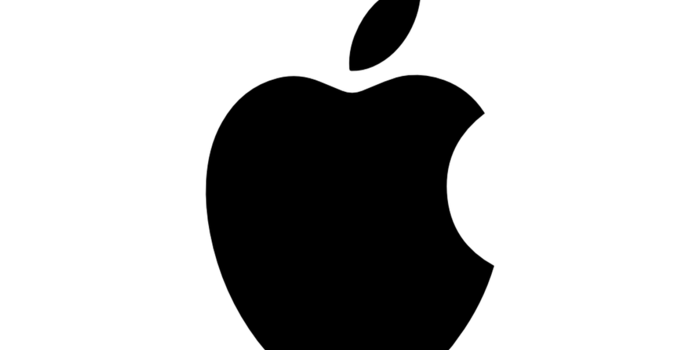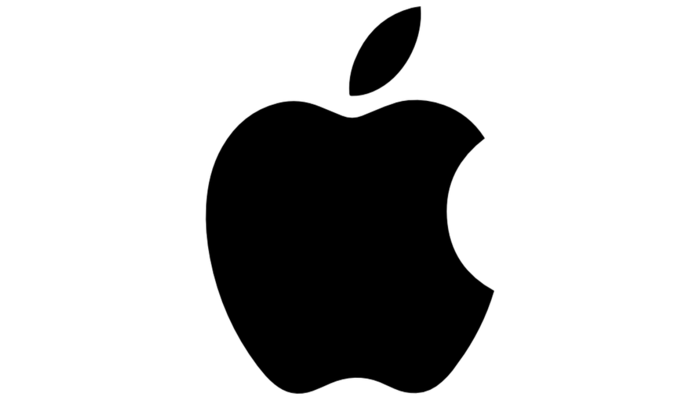


The Apple HomePod was meant to be a direct competitor to Amazon’s Echo and the Google Home. These lines of products have proven incredibly profitable for their parent companies, and Apple has been wanting a slice of the home speaker market. However, so far they’ve been floundering miserably.
Why can’t Apple seem to break into the home speaker market? What is it about their HomePod and Siri that makes them unable to make a dent in the market? Today we’re going to answer those questions.
Apple HomePod
Price Point
At face value, before one even considers other factors, they must look at the price of HomePod. They can typically be purchased for around $350, though bargain seekers might find it as low as $300. This is almost a joke: Amazon’s Echo Dot often is on sale for as little as $15 or $20. Google Home’s smallest speaker, the Google Home Mini, can be acquired for $40.
Setting aside the fact that the HomePod sounds better than most home speakers, it’s astronomically expensive. Google and Amazon have made their speakers more than just affordable, they’ve made them part of the conversation.
Assistants
Personal assistants, like Alexa and the Google Assistant, have to be fast, fluid and conversational. Siri is none of these things. She’s awkward, often starting and stopping in strange ways. Siri has comparatively few command prompts when held up next to her competitors. In short, she’s pretty dumb for a smart speaker.
Third Party Integration
Many companies haven’t even given the HomePod a second thought with their smart home tech integration. Google and Amazon integration are points of advertisement: of course you want these smart bulbs, they work with Alexa! HomePod integration is often relegated to a footnote, if it exists at all.
The Apple Problem
Apple’s business model involves creating, perfecting and curating their own ecosystem of products and software. The Mac is a personal computer with a flashy UI, tightly-controlled app management and relatively few unforeseen bugs. The iPhone is much the same for smartphones, working as a closed-off and high-walled system.
This “walled-garden” approach isn’t working for home speakers. People might pay $1,000 for a smartphone or $400 for a smartwatch, but they’re not looking to shell out $350 for a smart speaker. Apple has misread the market on the HomePod. If they want the product line to take off, the first thing they need to do is tear down the walls and let Siri live on less expensive speakers.
Maybe from there they can start to turn around their abysmal smart home performance. However, it will be tough to contend with Amazon’s stranglehold on the market.










